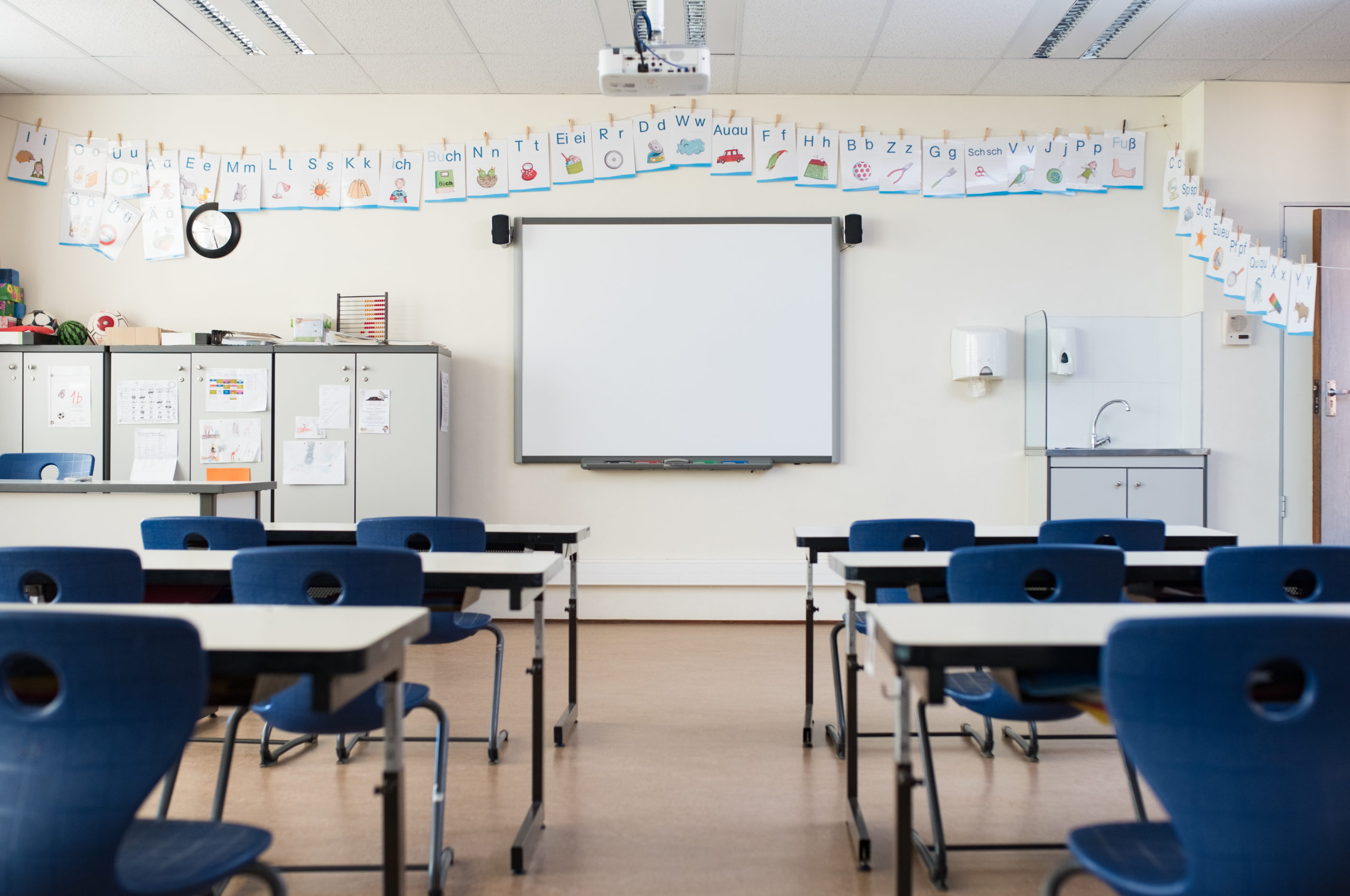
Last week the National Education Union held perhaps the biggest trade union meeting in history. 20,000 people flooded into a Zoom call to discuss government plans to reopen schools to more children.
The Daily Mail splashed news of ‘union plotting’ in a ‘secret meeting’ on its front page. But this meeting was just the tip of the iceberg. Beneath the surface many thousands more are enacting the union’s strategy in their own schools. The most important union meetings do not have thousands of participants; they have just a few dozen.
There has never been a tradition of holding regular union meetings at my school. I tried to start them when I was elected rep but we struggled for interest. We’d hold them once a term, keep them short, and mainly focus on the national issues. I’d often get people there with the promise of free snacks.
This changed when the pandemic hit. In the week before lockdown we held two emergency meetings. The focus was entirely on our own school, and at each one, we collectively decided a number of demands to be put to management. In all but one case, the headteacher agreed immediately. On one outstanding issue – colleagues employed by an agency faced the prospect of not being paid at all – we followed up with a letter reiterating the demand. Everyone signed it. That demand was then agreed too.
Never before had school policy been agreed collectively. Not least, in a meeting where the vote of a teaching assistant was worth the same as that of the deputy head. Our voice as workers had been heard because we had cried out in unison.
We didn’t stop with these demands – we turned our demands into action. On 10 May Boris Johnson first announced that schools should prepare for a wider reopening from 1 June. My school started making preparations, but it had to stop. Why? Because the teachers said no. The NEU had emailed members to recommend that we should not plan for more children arriving until the union had issued further guidance. Every member in my school refused to attend the planning meetings, so they had to be cancelled.
This brings us to our most recent union meeting, where we discussed the NEU’s national position. It’s pretty straightforward: we want to reopen schools but only when it’s safe. Nationally, that means meeting the union’s five tests, and locally it means each individual school publishing a risk assessment, agreed with the union rep. Above all, it means explicitly disregarding the government’s 1 June deadline.
We discussed the implications. How would this affect the children’s education, and how would it affect their safety? What measures would we want to see in place, and what did parents think? One of the biggest questions was: is this even possible? After all, the government has told us what to do, surely our job now is to do it?
Evidently not. We agreed, unanimously, to reject the government’s plans and adopt the NEU position. The government said jump, we said no.
My school’s story is important, not because it is special or unique, but precisely because it isn’t. The same story is being written over and over again by teachers and teaching assistants across the country. And through this shared experience, we are rediscovering our power in the workplace.
If the government refuses to protect our safety, we will do it ourselves. If we speak loudly, and with a collective voice, we can shape both our workplaces and government policy. Boris Johnson may have a majority in parliament but he does not have one in my school. He’s learning the same lesson we are: there is power in a union.
The word ‘hero’ has been thrown around a lot during this crisis. Teachers and teaching assistants have taken on the government, but we are not heroes. We are something better: we are ordinary people, organised in large numbers. Nothing is more powerful than that.
James McAsh is a primary school teacher, a Labour councillor and an activist in the National Education Union.